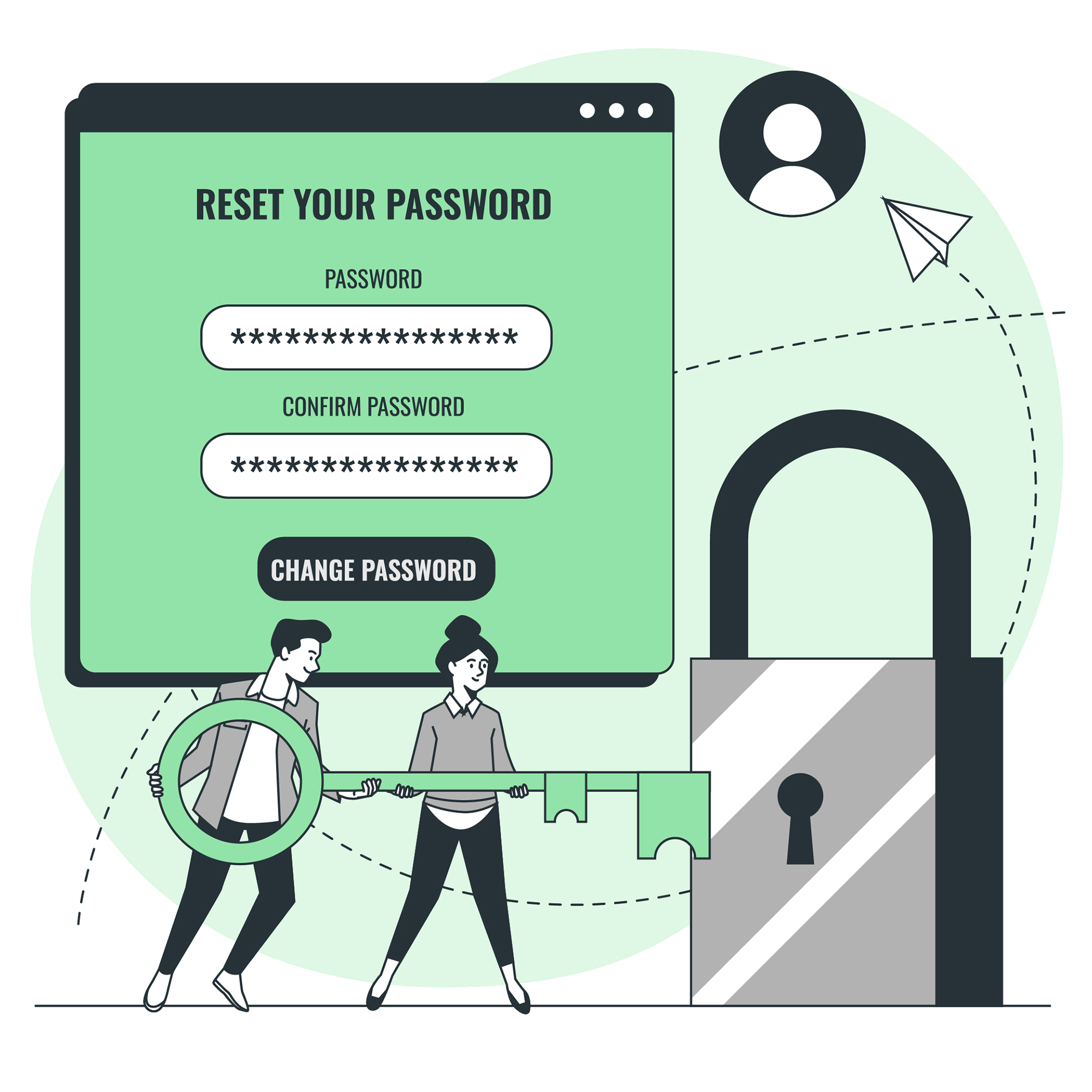Will biometric authentication replace the password?
Passwords have been the go-to method for securing our online accounts for decades. However, they come with a lot of drawbacks, such as the need to remember different passwords for different accounts and the risk of them being hacked. Enter biometric authentication, a technology that could potentially replace passwords altogether.
The Pros and Cons of Biometric Authentication
On the one hand, biometric authentication offers several advantages over passwords. For one, it’s more convenient since you don’t have to remember anything – your face, fingerprint, or voice is all you need to access your accounts. Additionally, biometric authentication is more secure since it’s much harder to fake someone’s biometric data than to guess their password.
On the other hand, biometric authentication isn’t foolproof. For example, fingerprints can be lifted from objects or even photos, while faces can be spoofed with masks or deepfakes. Additionally, biometric data can’t be changed if it’s compromised, which could pose a problem if your biometric data is stolen.
How Biometric Authentication Works
Biometric authentication works by comparing a person’s unique physical or behavioral characteristics to a stored template. For example, facial recognition technology uses algorithms to analyze the features of a person’s face and compare them to a stored image. Similarly, fingerprint scanners use sensors to capture the ridges and valleys of a person’s fingerprints and compare them to a stored print.
The Rise of Biometric Authentication
Biometric authentication has been around for a while, but it’s only recently started gaining traction. This is due in part to the widespread adoption of smartphones, which have made biometric authentication more accessible. Additionally, advancements in technology have made biometric authentication more accurate and reliable.
Is Biometric Authentication Secure?
Biometric authentication is generally considered more secure than passwords, but it’s not perfect. Hackers have already found ways to bypass biometric authentication, such as by using fake fingerprints or deepfakes. Additionally, biometric data can’t be changed once it’s compromised, which could pose a problem if your data is stolen.
The Potential of Biometric Authentication for Businesses
Biometric authentication has several potential benefits for businesses. For one, it could reduce the risk of data breaches by making it harder for hackers to access sensitive information. Additionally, biometric authentication could improve the user experience by making it more convenient to access accounts.
How Biometric Authentication Could Improve User Experience
One of the biggest advantages of biometric authentication is its convenience. With biometric authentication, you don’t have to remember anything – your face, fingerprint, or voice is all you need to access your accounts. This could make the login process faster and easier for users, which could lead to higher user satisfaction.
The Role of Biometric Authentication in the Future of Cybersecurity
While biometric authentication isn’t perfect, it has the potential to play a major role in the future of cybersecurity. As hackers become more sophisticated, traditional password-based security measures may no longer be enough. Biometric authentication offers a more secure alternative that could help protect against data breaches and other cyber threats.
Conclusion
Biometric authentication is a technology that has the potential to replace passwords and revolutionize the way we secure our online accounts. While it’s not perfect, biometric authentication offers several advantages over passwords, including improved security and convenience. As technology continues to advance, it’s likely that we’ll see more and more businesses adopt biometric authentication as a way to protect against cyber threats.




![Crafting Unforgettable Passwords: A Guide for Developers A string of random characters typically has higher entropy compared to a few common words due to the vast number of possible combinations. For example, a 10-character lowercase password has roughly the same entropy as a 4-word passphrase picked from a 5000-word dictionary [5].](https://passwordclinic.com/wp-content/uploads/2024/06/automation-section-3-150x150.webp)





![A string of random characters typically has higher entropy compared to a few common words due to the vast number of possible combinations. For example, a 10-character lowercase password has roughly the same entropy as a 4-word passphrase picked from a 5000-word dictionary [5].](https://passwordclinic.com/wp-content/uploads/2024/06/automation-section-3.webp)

